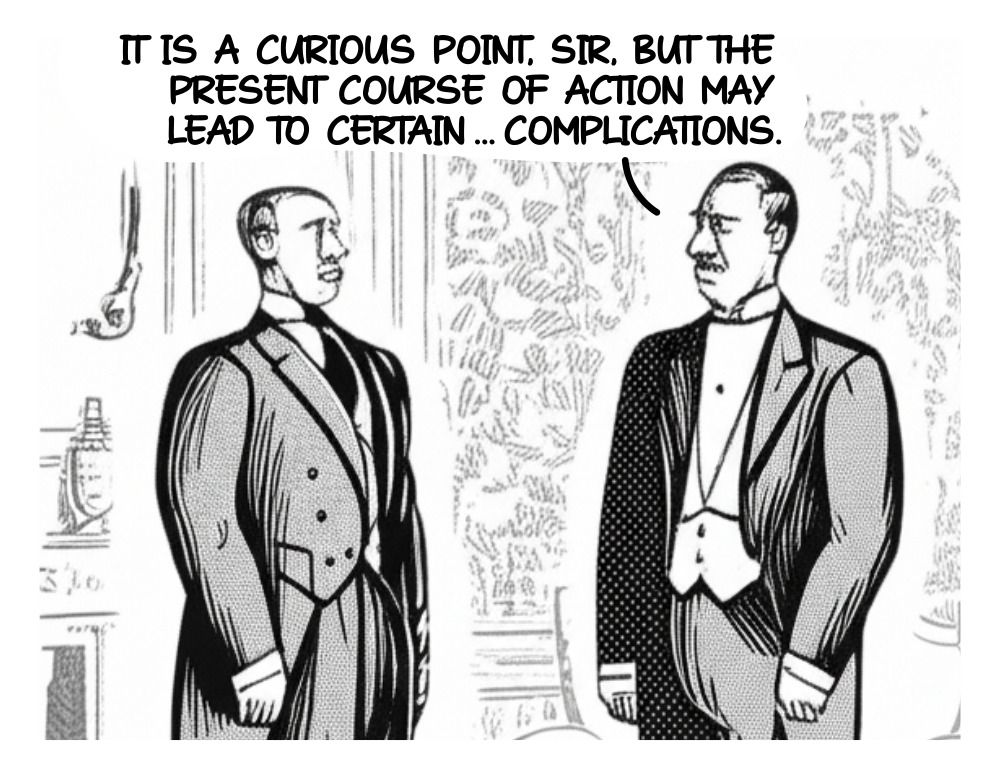
Bad therapy harms more than no therapy at all, much like poor surgery leaves a patient worse off than the original ailment.
Therapists create one of the greatest risks in psychotherapy when they mishandle past trauma. Exploring painful experiences illuminates current struggles, but therapists must calibrate carefully. Some therapists push too far, too fast and retraumatize clients because they lack the skill to navigate trauma safely. When therapists discuss trauma in ways that overwhelm rather than support, they reactivate painful emotions without providing adequate coping strategies, and clients end up destabilized instead of healed.
A therapist’s approach, skill, and fit often determine outcomes. Training background and individual ability vary significantly, but research consistently shows that the “therapeutic alliance”—the relationship between client and therapist—predicts outcomes more reliably than specific techniques. When clients feel understood and safe, difficult work transforms them. When the alliance falters, even sound methods harm.
Therapists must stay attuned to a client’s emotional state and boundaries. If a client feels retraumatized, the therapist must address those feelings immediately. A skilled therapist pauses, validates the experience, and adjusts the approach. When therapists fail to respond, clients should seek someone else.
Productive discomfort differs from harmful retraumatization. Growth requires moving through difficult emotions, but the distinction lies in whether the client feels supported or abandoned—whether they build coping resources or simply relive old pain.
Idea for Impact: The goal of analytic therapy is not excavation for its own sake, but healing that weaves the past into the present without leaving the client more fragmented than before.
 News of a death often arrives on its own schedule, sometimes long after the moment itself, carrying the quiet weight of something that still matters. Many people, confronted with that delay, retreat into silence, convinced the chance to acknowledge the loss has passed.
News of a death often arrives on its own schedule, sometimes long after the moment itself, carrying the quiet weight of something that still matters. Many people, confronted with that delay, retreat into silence, convinced the chance to acknowledge the loss has passed. British comedian and The Vicar of Dibley star
British comedian and The Vicar of Dibley star  Life’s a series of trade-offs; each choice has an opportunity cost—
Life’s a series of trade-offs; each choice has an opportunity cost—
 A disagreement stays harmless until you make it personal. Attack someone’s character, dismiss their opinions, or ignore their emotions, and it stops being a discussion. It
A disagreement stays harmless until you make it personal. Attack someone’s character, dismiss their opinions, or ignore their emotions, and it stops being a discussion. It 
.jpg)

.jpg)
 Some managers inspire loyalty. Others, despite good intentions, slowly drain morale. This isn’t about tyrants—it’s about the well-meaning but unaware. If your team looks tense every Monday, there’s probably a reason.
Some managers inspire loyalty. Others, despite good intentions, slowly drain morale. This isn’t about tyrants—it’s about the well-meaning but unaware. If your team looks tense every Monday, there’s probably a reason.